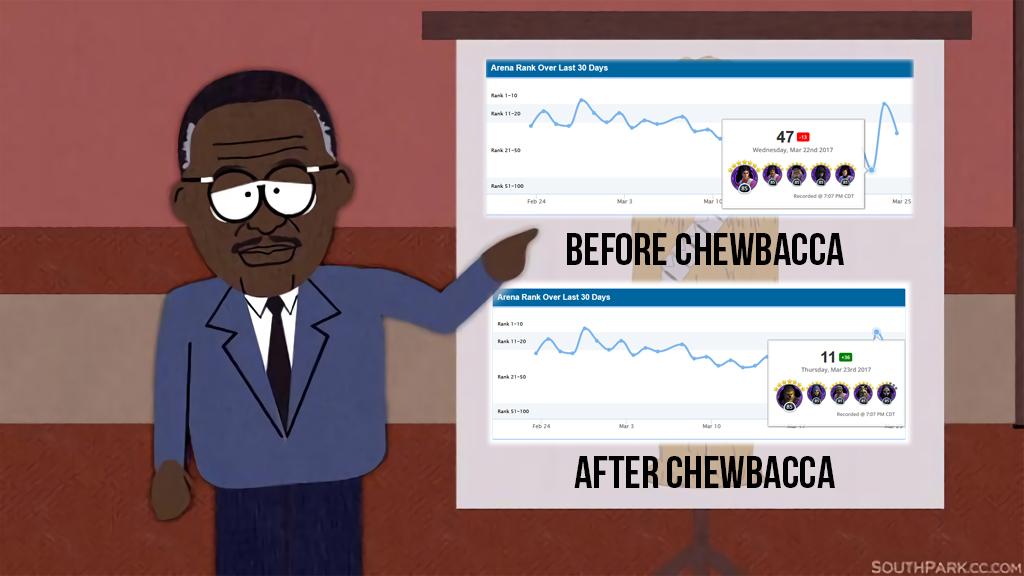We live in an increasingly DIY society. With easy access to information, a strong work ethic, and a healthy dose of optimism, we think we can solve any problem ourselves.
But part of knowledge is knowing what we don’t know, and which situations we can’t handle on our own. While some legal issues, like traffic tickets, are easy enough to handle without legal assistance, others are just too complex or important to go it alone. Here are ten of those times when you need a good lawyer:
1. Criminal Charges
You can probably recite your Sixth Amendment rights from the Miranda warning you hear in all those cop shows: “You have the right to attorney.” And yet some people still don’t understand how vital having a lawyer is when defending yourself against criminal charges. Look no further than the “Making a Murderer” series to know you need an experienced criminal defense attorney from the very beginning — you should never answer police questions without an attorney present, and you’ll probably need one if you want to appeal a conviction.
2. Complicated Divorce
Even the best divorces can be emotionally and legally complicated. And if you and your soon-to-be ex have been married a long time, own real estate, or have shared children, you’re going to want a knowledgeable advocate to help navigate marital property, child custody, and child and spousal support issues.
3. Car Accident Injury
Sure, you can call your insurance company after a simple fender bender. But if, god forbid, you or someone else has been injured in a car accident, there are going to be more serious things to figure out beyond insurance carriers. If you’ve been injured in a car accident, an insurance company may try to negotiate a settlement, or deny your injury claim altogether. So make sure you enlist the help of a personal injury attorney to review your case.
4. Civil Lawsuit
Most of us will never sue someone or be sued in court. But for those unfortunate few, learning about litigation and appeals on the fly is a losing strategy. There is a complex array of legal rules regarding filing and evidence, and that’s before you get to the legal theories of proving or disproving a case. If you’ve been sued, or are thinking of suing someone, you will probably want to talk to an attorney first.
5. Starting a Business
You’ve got the million-dollar idea and the billion-dollar strategy, but do you know the nuts and bolts of incorporation or intellectual property? Do you know how to take advantage of business tax breaks or how to avoid running afoul of federal employment laws? You may have a passion for your product, but the legal logistics are best left to your lawyer.
6. Wrongful Termination
Getting fired stings. And many a jilted employee seeks legal revenge against their former employer. But not every termination is wrongful. In fact, most employment is “at-will,” meaning your boss could fire you for any reason or no reason at all. However, there are some illegal reasons, and an experienced employment attorney will know how to spot those reasons and how to hold your employer responsible.
7. Writing a Will
When it comes to allocating a deceased person’s property after he or she has passed, courts tend to get very particular about the probate process. Writing a will can seem like grisly business, and estate planning can feel like an unnecessary burden. So why nothave a lawyer help walk you through it, and make sure you avoid any confusion or conflict when you want it least.
8. Worker’s Compensation or Disability Insurance Denial
We all want to work, but sometimes injuries or illnesses get in the way. That’s OK, because there’s insurance for that. If you’ve been injured on the job, workers’ compensation can pay medical bills and lost wages. And if you have an injury or illness that prevents you from working or requires an accommodation, there’s private and Social Security disability insurance for that. These claims can be confusing, though, so if you’d like your worker’s comp claim reviewed or your disability claim has been denied, you’ll need a lawyer.
9. Bankruptcy
It’s the last place you want to find yourself financially, and it’s the last place you want to find yourself alone legally: Bankruptcy is a legal process through which you may be able to discharge some of your debts, but it’s not a process you want to figure out by yourself. Between deciding which kind of bankruptcy to file (Chapter 7 or Chapter 13?) and what kind of documentation you’ll need, it helps to have an attorney who’s been through bankruptcies before.
10. Workplace Discrimination
When your dream job turns into a nightmare, you have legal recourse. If you’ve been passed over, harassed, disciplined, demoted, or fired from a job based on your gender, race, ethnicity, religion, age, or disability, you’ve been the victim of employment discrimination. These can be federal offenses that require you to file a claim with the Equal employment Opportunity Commission or some other state or local agency. Before doing that, you should talk to a lawyer who can assess your case and tell you where and when to file what.
Many of us have trouble asking for help, but in these cases, getting advice from an attorney can be absolutely essential.










